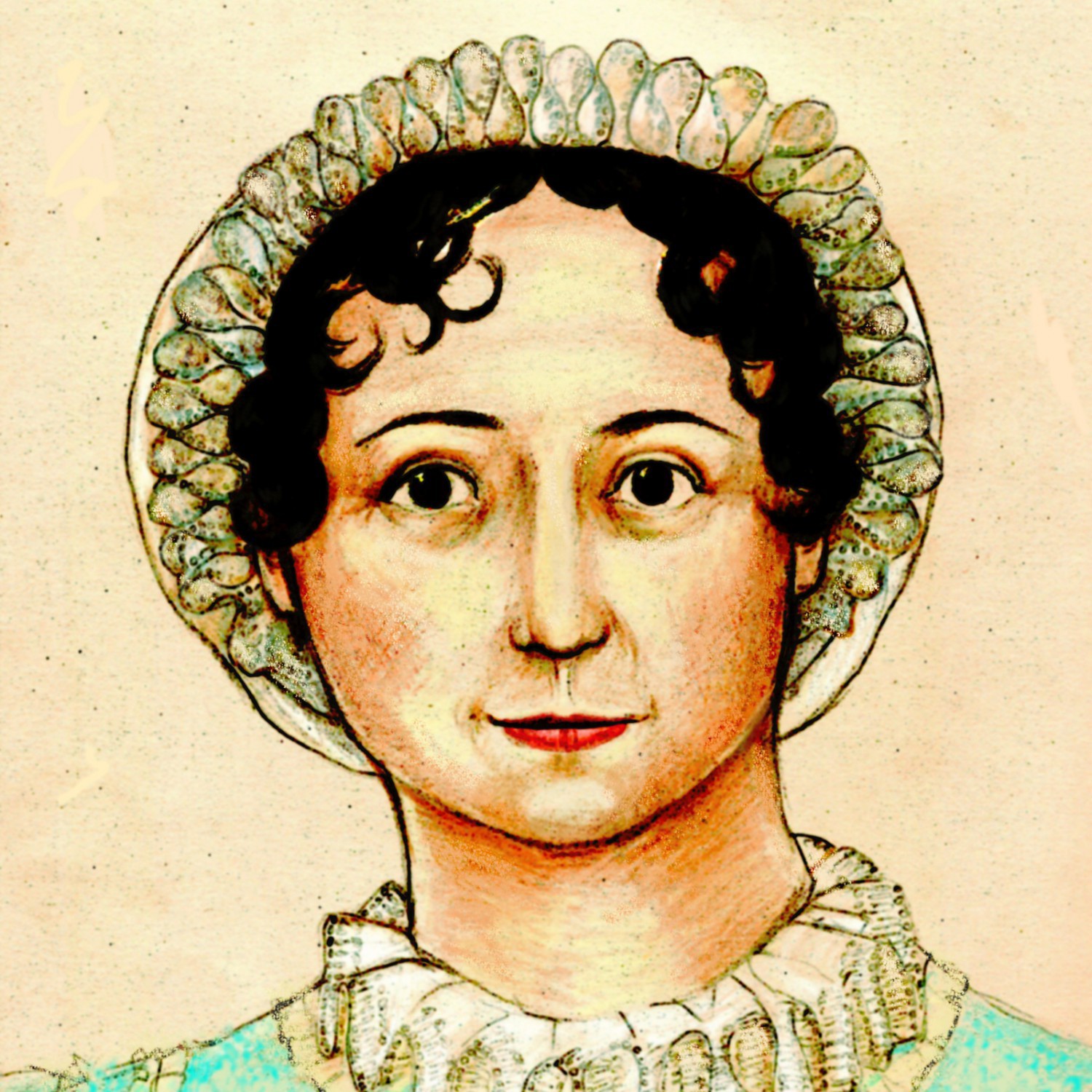It’s unfortunate in a way that Andrew Davies has become so closely linked not only with period television adaptations in general, but especially with Jane Austen. Unfortunate because he really comes close to getting it sometimes, and sometimes you just wonder what the heck he is thinking.
Alert Janeite Diana Birchall sent us an article Mr. Davies wrote for The Times. Apparently he also has written the introduction for a new edition of Sense and Sensibility. Meaning the book. What? Anyway, there’s some interesting stuff in the piece.
Best of all, Austen has dramatic gifts herself. She would have been an excellent playwright. She builds surely and subtly towards the big scenes, then writes them so well that all the adapter has to do is copy them out.
So why don’t you then? Poor Henry Tilney, who has some of the wittiest and most intelligent dialogue in the Austen oeuvre, had a nearly complete dialogue makeover.
Austen, we can be pretty sure, identifies more with Elinor. Her wry shrewdness is very close to Austen’s authorial voice, and a million miles away from Marianne’s rather soppy eulogies about falling leaves, which are not unlike the utterings of Fotherington-Tomas. Moreover, Austen lets us see into Elinor’s mind and heart, whereas Marianne is represented by what she does and says in Elinor’s presence, and by what Elinor thinks about her. Whether consciously or not, Austen forces us to identify with Elinor.
We’ll buy that.
Then there’s Colonel Brandon. Austen shows us his instant and powerful attraction towards Marianne. We learn that he had a tragic love affair when young, and has not looked at another woman since. So, he has a passionate nature. Excellent. This is all very promising, except that Marianne sees him as an old man (that flannel waistcoat is a real downer); when Willoughby comes onto the scene, Brandon becomes virtually invisible to her. It has potential, but it’s difficult material, and Austen doesn’t handle it as well as she would have done in her later novels. We need a few hints earlier on that Brandon is more than a dry old stick, and, crucially, we need to see, in the final movement, how Marianne comes to love him. There’s at least one missing scene.
Honestly, it’s not that difficult. The reader understands that Colonel Brandon is, under the flannel waistcoat, a seething pile of romance, just like Marianne. He’s been a bit hardened by experience, and learned to keep it under good management, but it’s there, all right.
And we don’t need help to understand that Willoughby is a jerk, either. Every woman understands it. He publicly dumps her. Publicly. At a ball. In front of people. The sisterhood will stand as one on that, trust us.
These dark Austenian subplots are never fully dramatised; we always hear these stories at second hand. We never meet Eliza or her mother, so we are not likely to feel for them as we feel for Marianne, though their fate is so much worse, and I for one feel quite haunted by them.
Many readers do. Honestly, we’re not that stupid. We don’t need to have everything spelled out for us. It’s okay that stuff happens off-canvas. It’s also okay (if it’s not giving away the plot too early) to show a bit of backstory in an adaptation. It helps if the adaptation has enough time to develop the backstory AND the main plot; and an adapter who doesn’t bludgeon the poor viewer with what Jane Austen painted so painstakingly on her bits of ivory.
